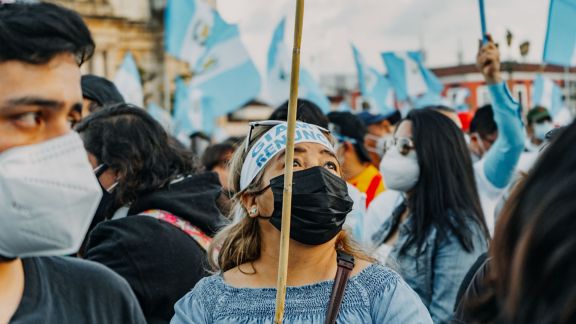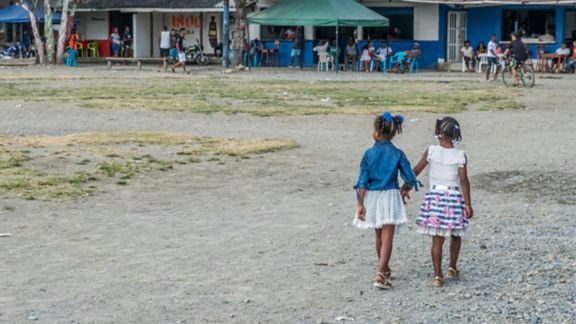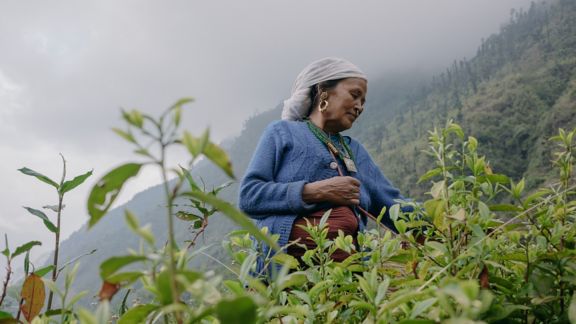Technology-Facilitated Gender-Based Violence

Technology-facilitated gender-based violence (GBV) is defined as any action carried out using the internet and/or mobile technology that harms others based on their sexual or gender identity or by enforcing harmful gender norms. Despite being a pervasive issue, there is limited research on the prevalence, manifestations, and implications of technology-facilitated GBV, especially in low- and middle-income countries.
Funded by USAID under the Democracy, Human Rights, and Governance Learning, Evaluation, and Research (DRG-LER) II Activity, NORC at the University of Chicago in partnership with the International Center for Research on Women (ICRW) conducted a landscape analysis of technology-facilitated GBV across the Asia-Pacific Region. Specifically, the study analyzed regional trends and prevalence, commonly reported behaviors, characteristics of perpetrators and survivors, contextual factors that facilitated tech-facilitated GBV, implications for survivors, and their help-seeking behaviors. In addition to the landscape analysis, we also conducted four case studies on Bangladesh, India, Indonesia, and Thailand to understand country-specific trends, experiences, implications, and interventions.
The study reveals key trends and gaps related to technology-facilitated GBV in Asia which is becoming increasingly concerning as internet usage expands across the globe. Findings and recommendations from this study are especially pertinent given the adverse impact of the COVID-19 pandemic on online violence. Decision-makers and change agents can use findings from this study to (i) identify existing policy, programming, and legislative gaps in addressing in technology-facilitated GBV, (ii) develop and implement timely, nuanced and survivor-centric solutions, and (iii) strengthen capacity of law enforcement authorities and frontline responders.
Being the first study to comprehensively and rigorously analyze literature across the Asia-Pacific region, it garnered attention from several U.S. government and multilateral entities working in GBV including the White House Task Force on GBV, the UN Women-WHO Joint Programme on Strengthening Violence Against Women Data, UNFPA, and the World Bank. Study findings have since been presented at conferences and convenings, with publications in the Journal of Gender-Based Violence and Trauma, Violence, and Abuse.
Principal Investigator
Learn More About the Study
Questions? Contact:
Mayumi Rezwan, Research Director








